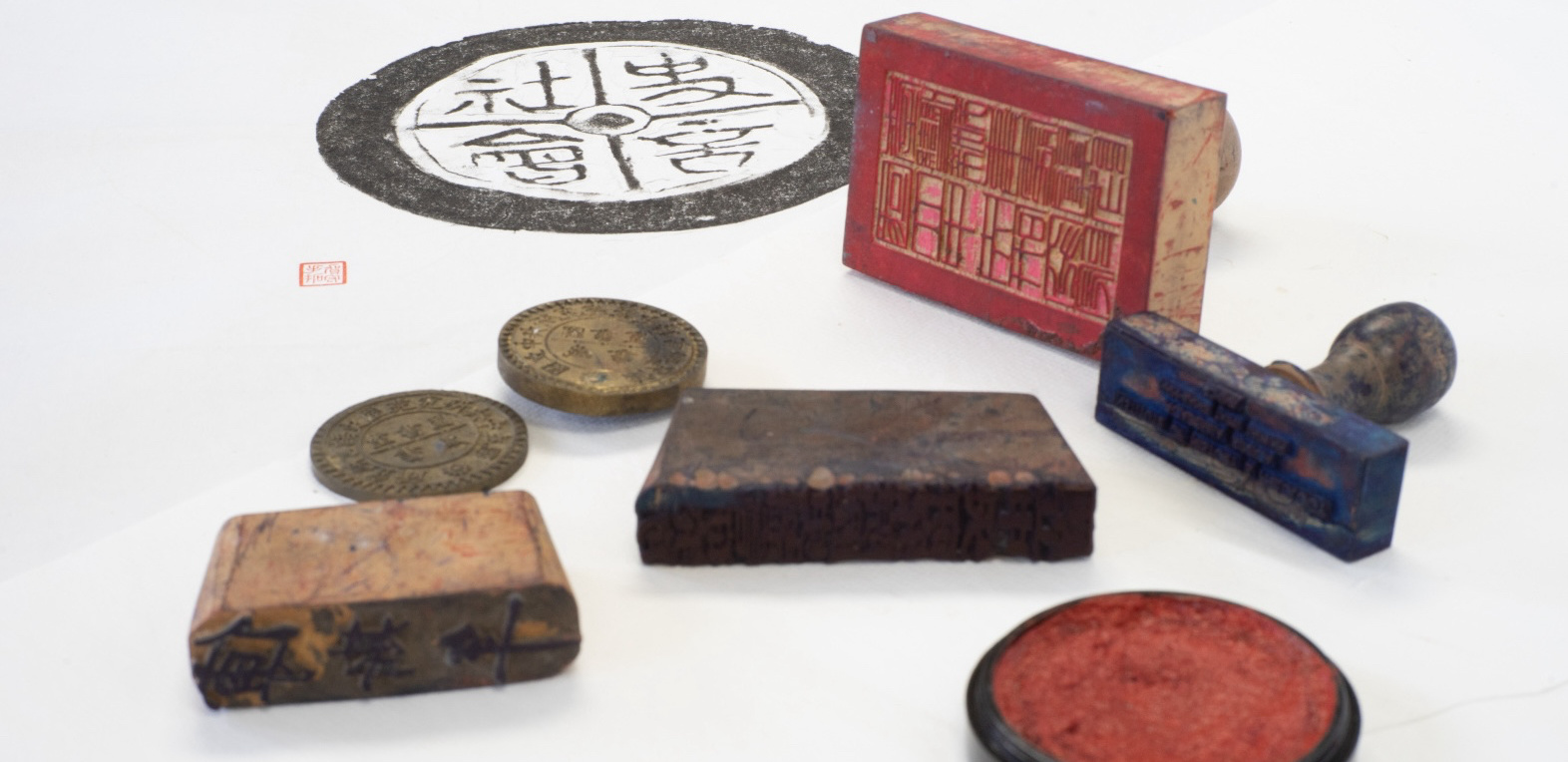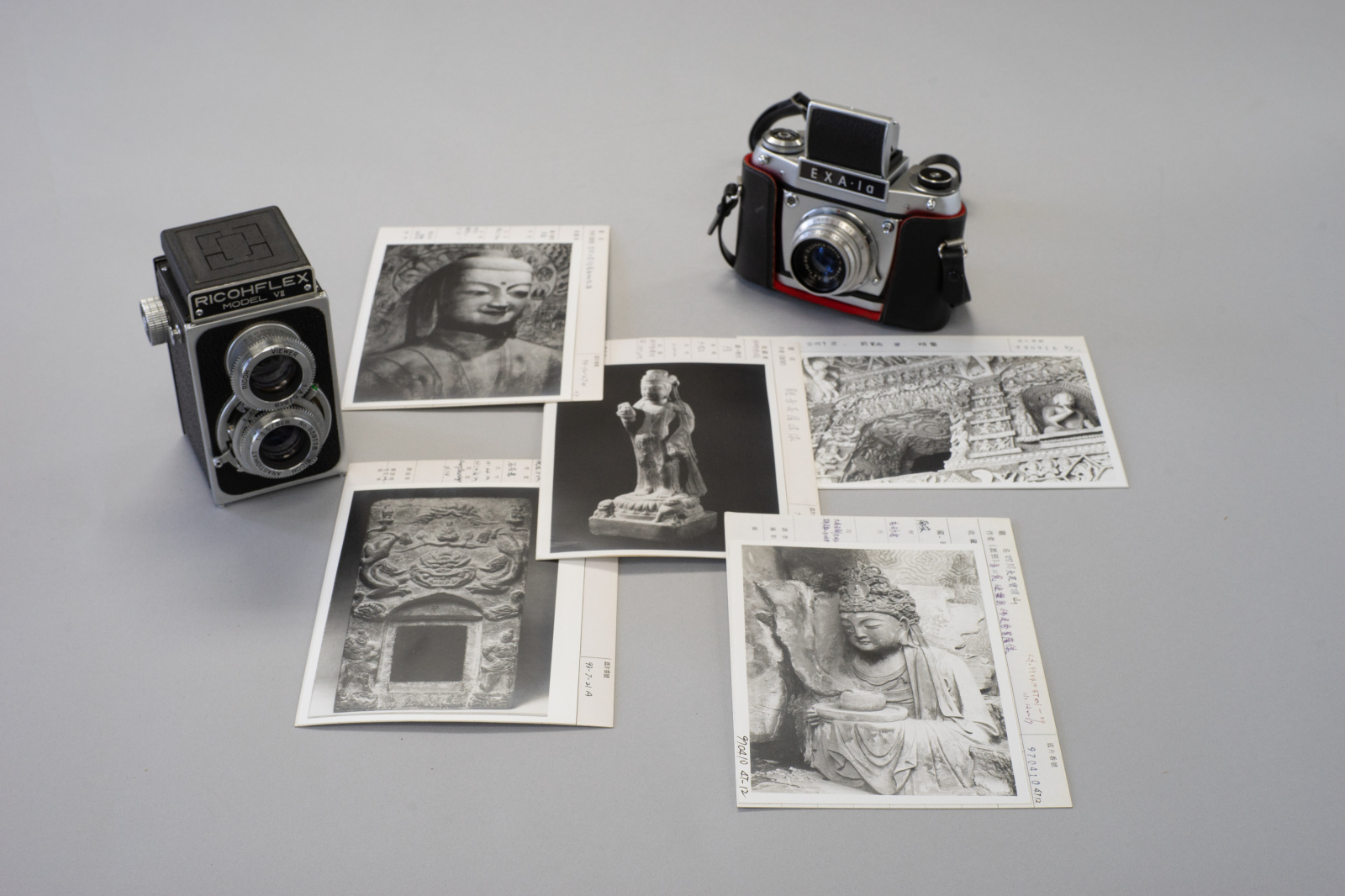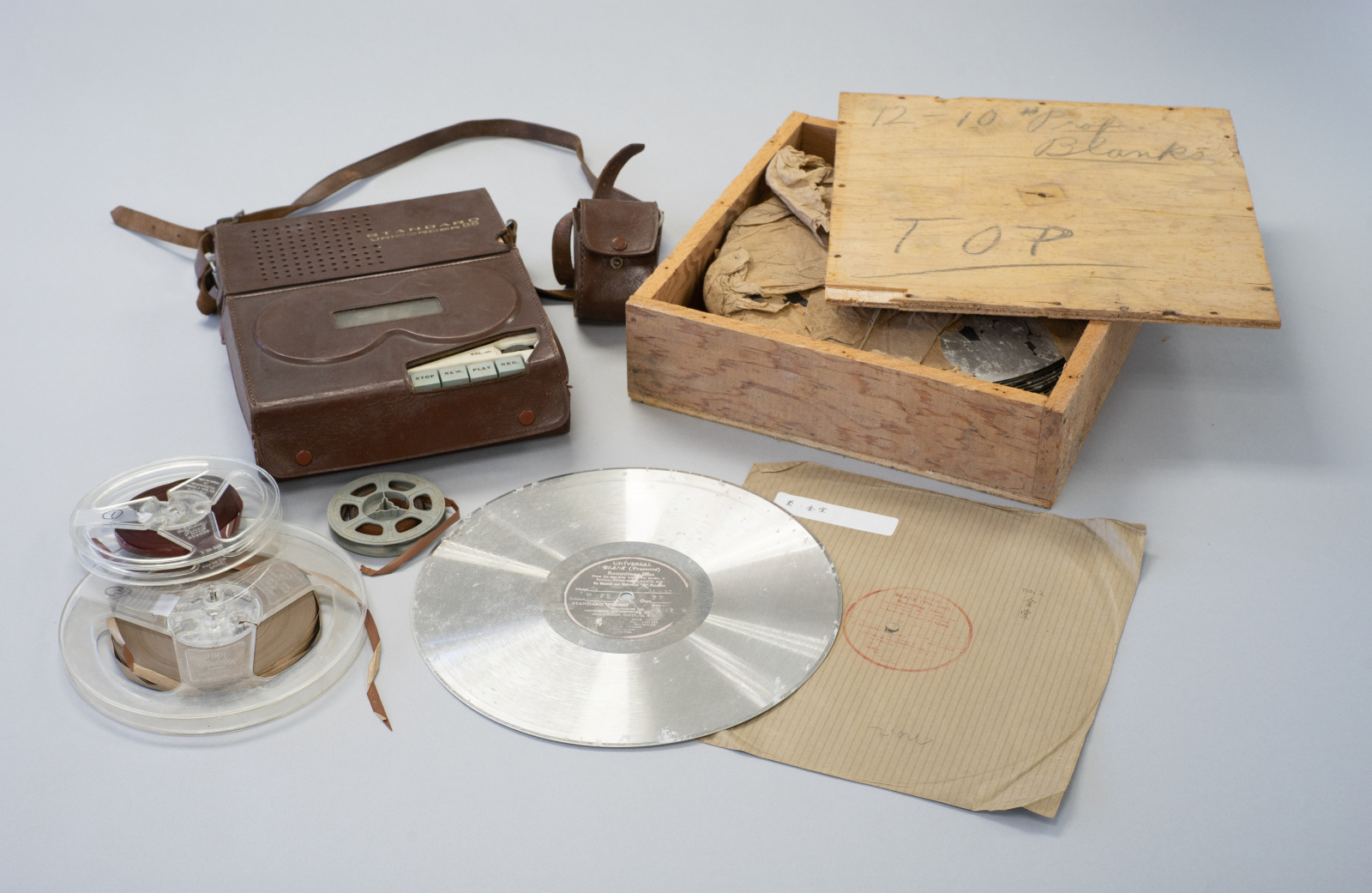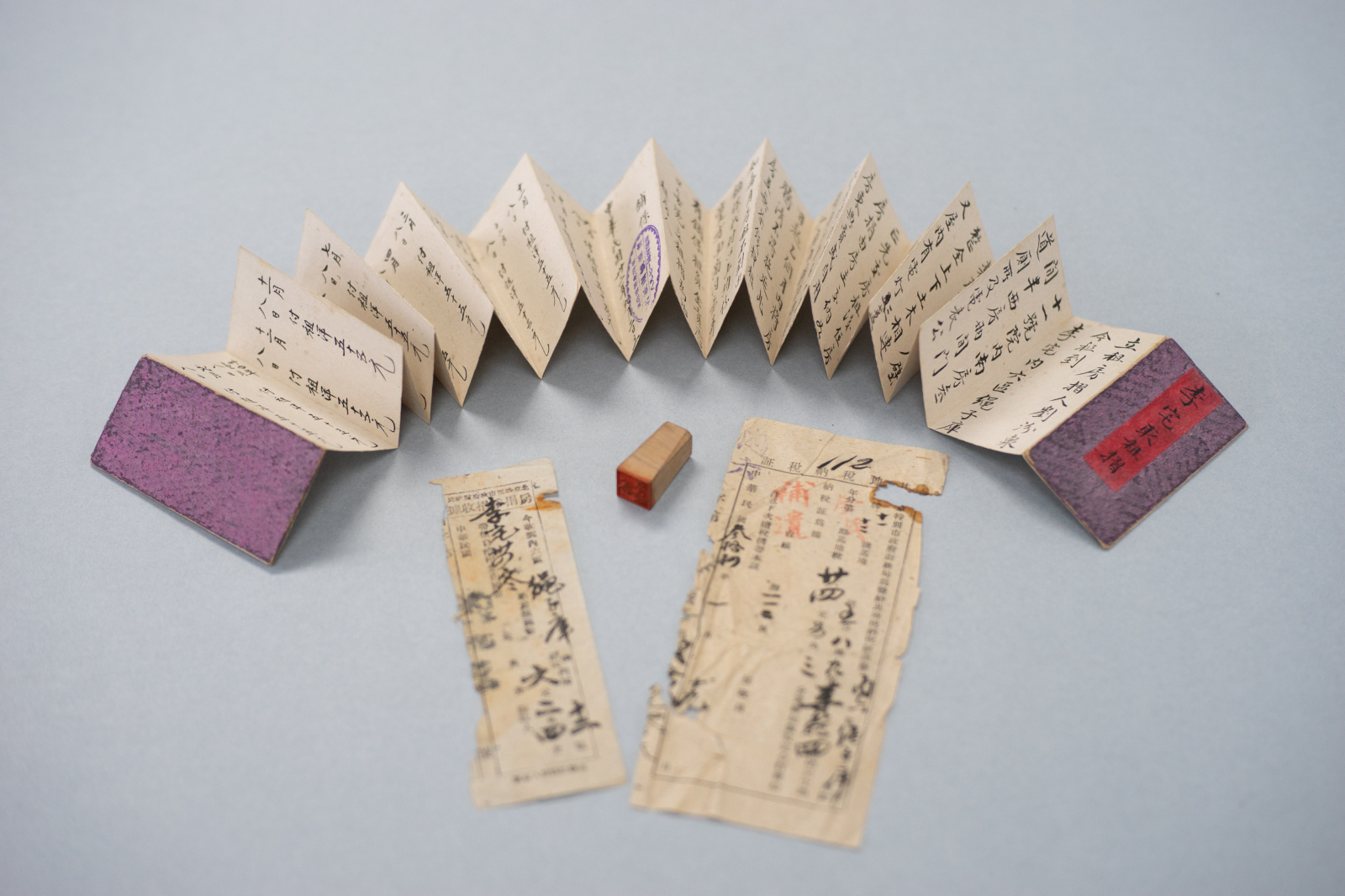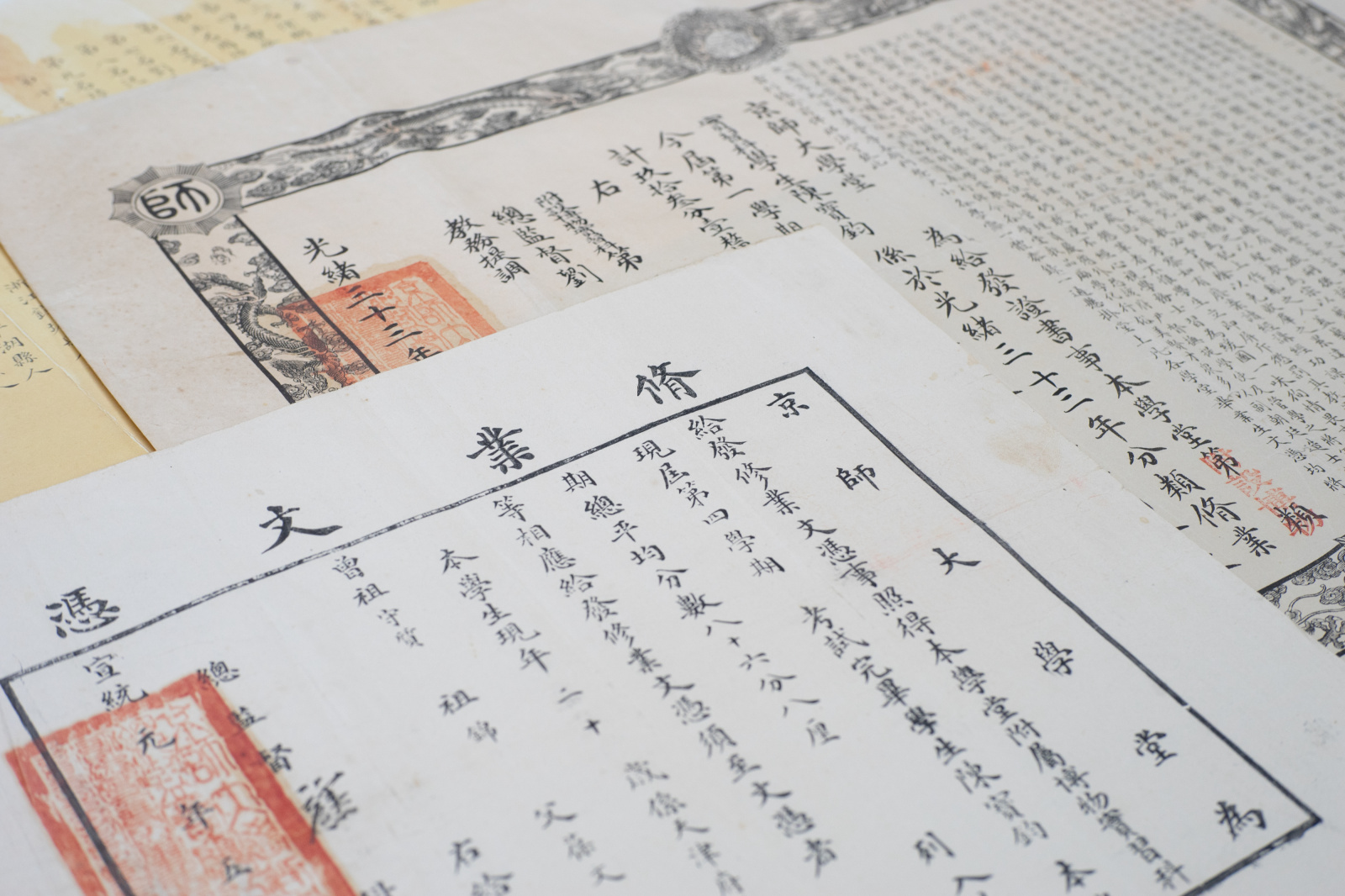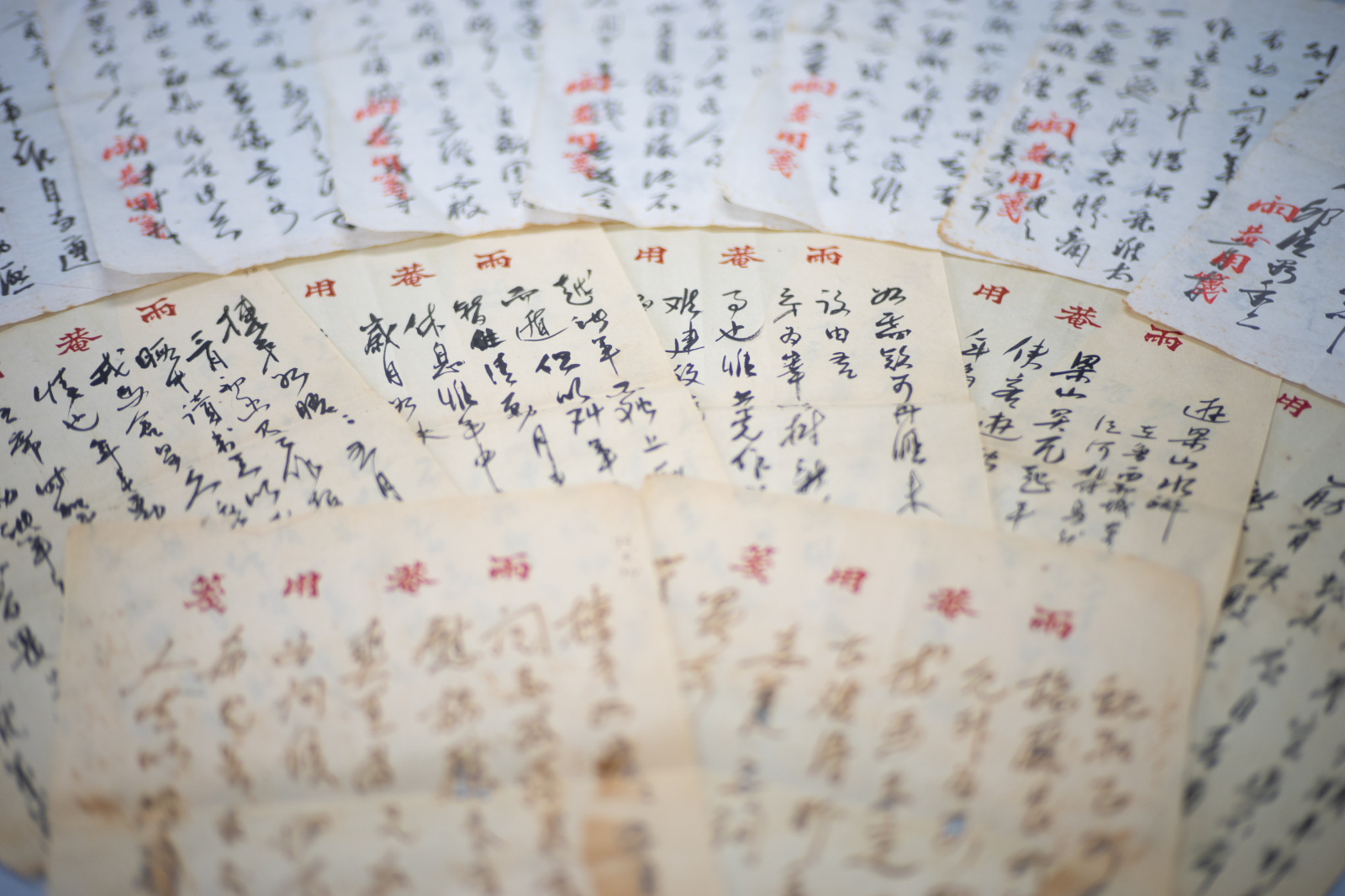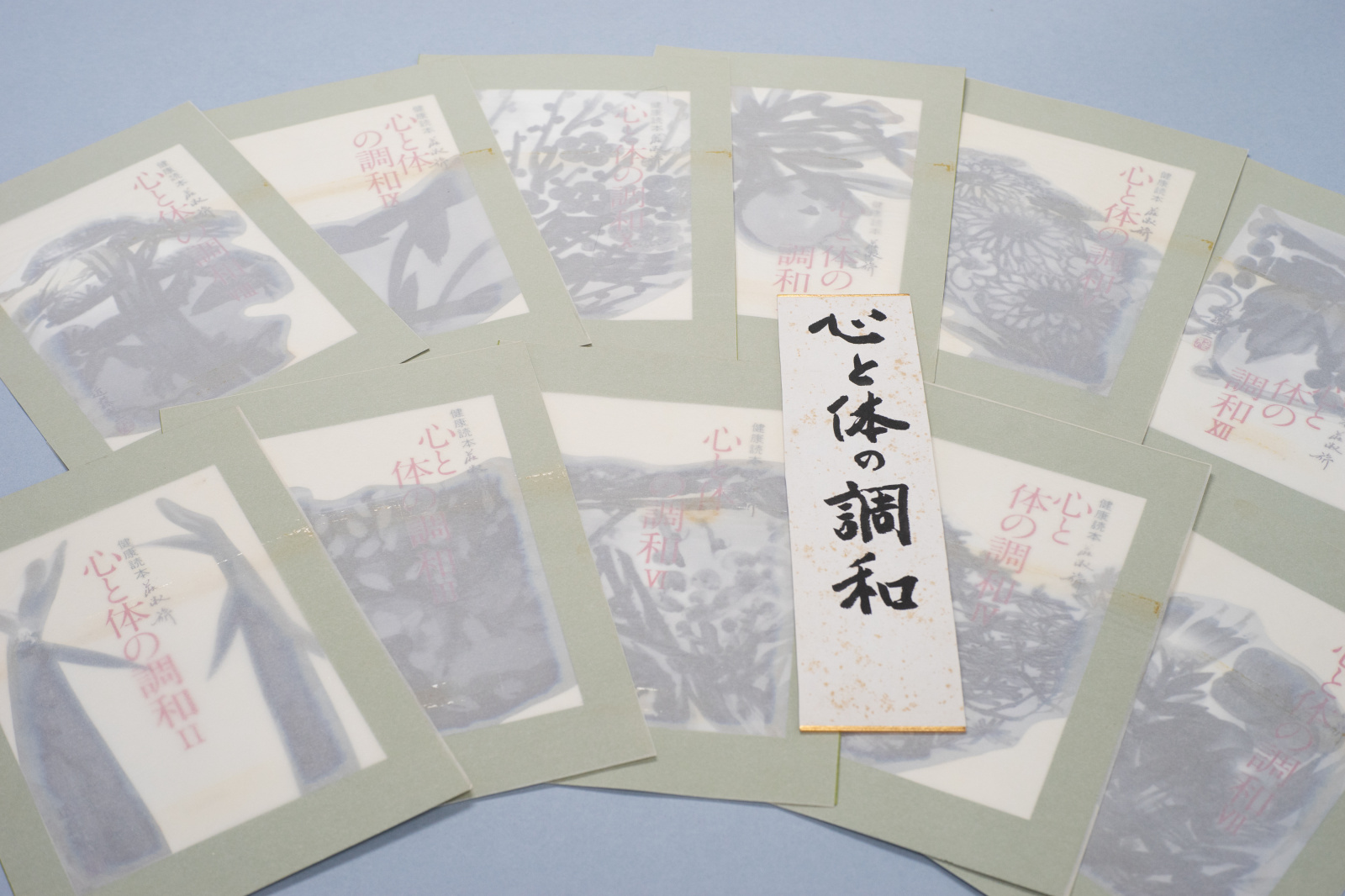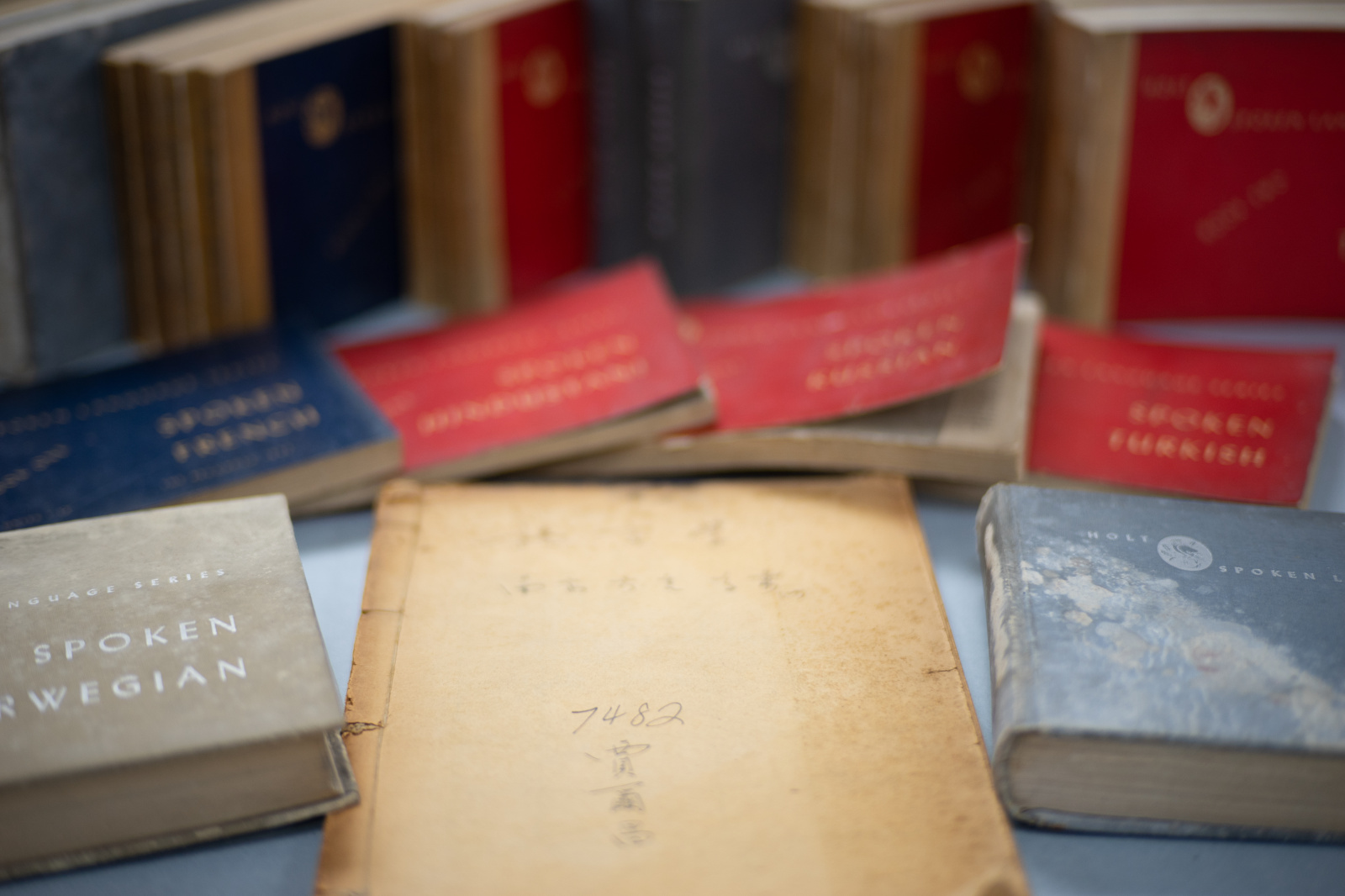Welcome
Since our founding in 1928, the Institute of History and Philology (IHP) has been actively engaged in the excavation of archaeological artifacts, ethnological and linguistic surveys, as well as the acquisition of documents of various forms and rare books, all under the call of inaugural Director Fu Ssu-nien (1895–1950): “Seek out materials from the Heavens above to the Yellow Springs, or underworld, below.” Despite relocating on several occasions due to conflict and unrest, the IHP and our staff persisted in professional research in the face of such difficult material conditions, and precisely owing to our migration, have been able to acquire local historical materials and investigate specific ethnic groups.
These “materials,” as alluded to by Director Fu, serve as clues from which to explore history and culture. Predominantly housed in the Fu Ssu-nien Library and the Center for Taiwanese Archaeology, they have been undergoing digitization since 2001 through participation in related science and technology projects initiated on the national level. In order to more effectively coordinate the research results and efforts which have accumulated over the years, the IHP instituted the Archives in 2014, with the hope that we would function as a hub for the systematic collation and management of the IHP’s rich and diverse collection of documents, survey reports, correspondences, draft manuscripts, and so forth. Moreover, it is hope that the Archives can continue the legacy of “seeking out” and acquire all “materials” of research value, so that researchers may pave the way for new learning through the utilization of new materials. ...
These “materials,” as alluded to by Director Fu, serve as clues from which to explore history and culture. Predominantly housed in the Fu Ssu-nien Library and the Center for Taiwanese Archaeology, they have been undergoing digitization since 2001 through participation in related science and technology projects initiated on the national level. In order to more effectively coordinate the research results and efforts which have accumulated over the years, the IHP instituted the Archives in 2014, with the hope that we would function as a hub for the systematic collation and management of the IHP’s rich and diverse collection of documents, survey reports, correspondences, draft manuscripts, and so forth. Moreover, it is hope that the Archives can continue the legacy of “seeking out” and acquire all “materials” of research value, so that researchers may pave the way for new learning through the utilization of new materials. ...
